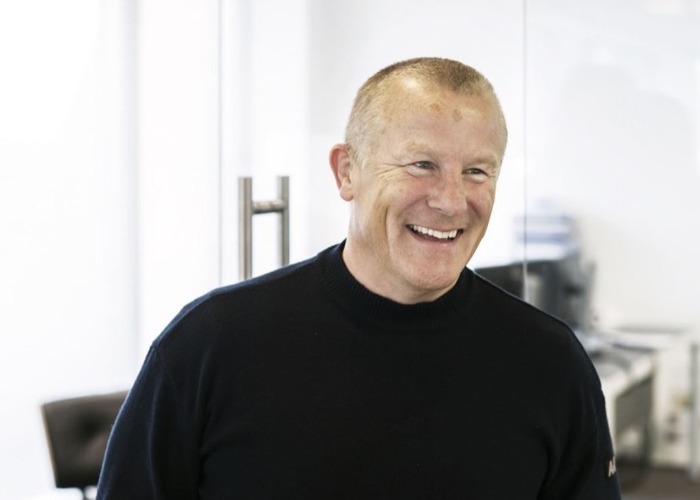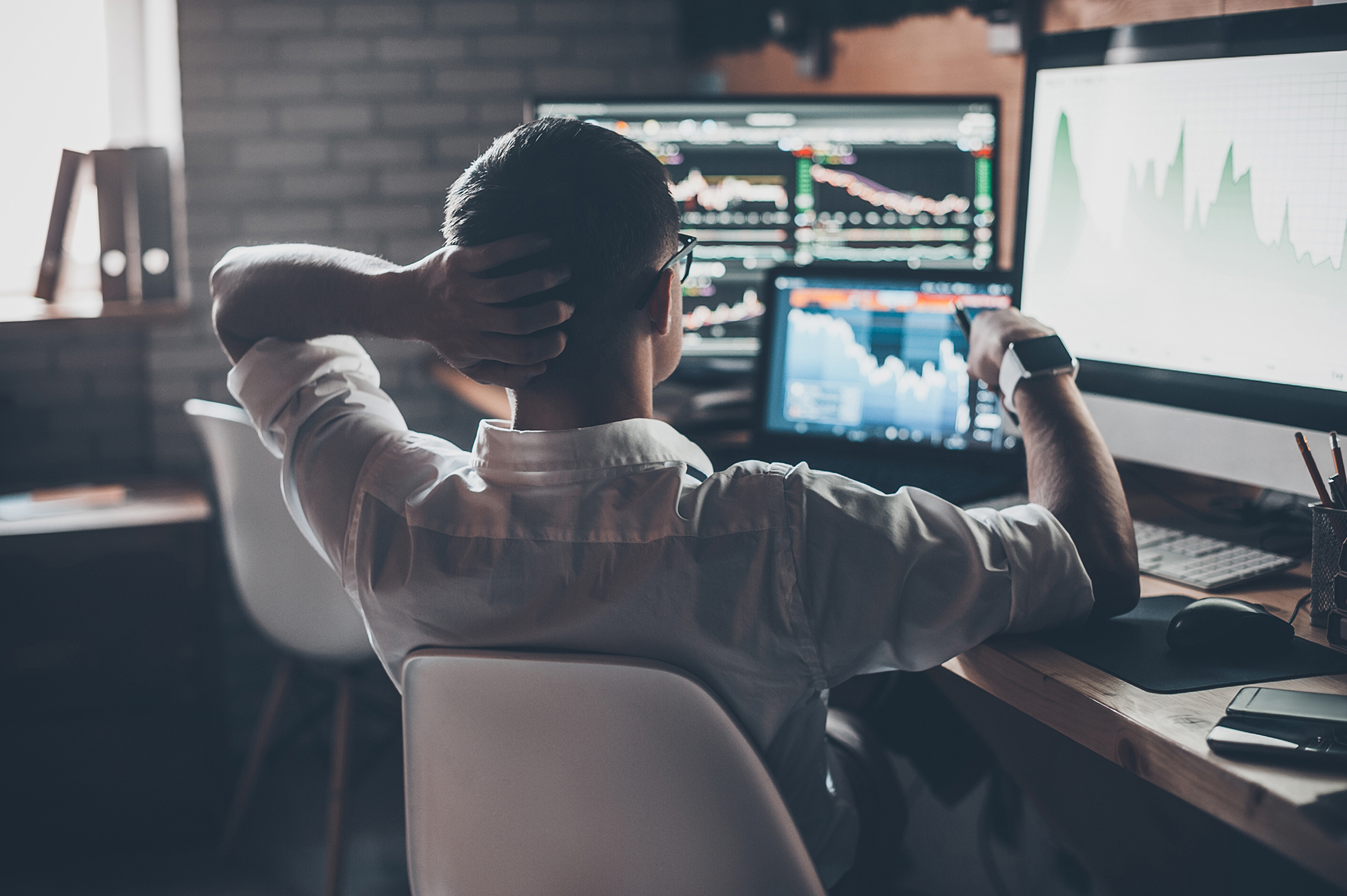Woodford Equity Income Fund: what happens next for investors?

Neil Woodford’s Equity Income Fund is to be wound up from January next year. Find out what happens next if you’re an investor.
It’s been over four months since trading was suspended in LF Woodford Equity Income Fund in a bid to protect investors as droves of people were exiting the fund.
The suspension aimed to help Woodford reposition the fund’s portfolio from less liquid, unquoted stocks to more liquid and stable investments by early December.
Unfortunately, all attempts have failed. As a result, Link Fund Solutions, the fund's administrators, have today announced it had closed the fund entirely.
It has also fired fund manager Neil Woodford over the whole debacle and said it would be changing the name to LF Equity Income Fund to reflect his departure.
As you might expect, Woodford was critical of the decision, and announced on his blog: “This was Link’s decision and one I cannot accept, nor believe is in the long-term interests of LF Woodford Equity Income Fund investors.”
As the whole sorry mess drags towards a conclusion, we have compiled a quick Q&A to help shed light on what might happen next if you’re an investor.
In short, investors look set for a long wait before they see any of their funds returned...
Dog funds: the worst places to have your money invested
Will I continue to be charged fees?
Probably. Investors who purchased the fund through an investment platform are likely to still be paying fees to them.
While Link has waived its fee as Authorised Corporate Director (ACD) to the fund from June, this isn't going to be a huge benefit for investors, according to Ryan Hughes, head of active portfolios at AJ Bell.
“The only element of the fee waived is the ACD fee charged by Link, however, we do not know how much this is as it is not separately disclosed in the prospectus,” said Hughes.
“However, the costs of closing down the fund are now likely to go up and therefore the amount saved by investors by Link not taking their ACD is relatively small, albeit welcome.”
Investment platforms UK: how to invest, fees, risks and more
Can I expect any money back?
Yes, but you could be waiting quite a while.
Link said it anticipates investors will receive their first capital distribution by the end of January 2020 following the expected sales from some assets.
“The size of this first capital distribution will depend upon how quickly the value of the fund’s assets can be realised,” Link said in a letter to investors.
Of course, this is an estimated date for any returned money and Link will take any liabilities that the fund owes and any winding up costs before paying investors.
Effectively, investors are unlikely to be at the front of the queue when it comes to getting their money back and could potentially suffer some losses.
"The fund’s value fluctuates in line with the market values of its underlying assets," says Link.
"If assets are sold for lower prices, you will receive less from the winding-up process and this also may be less than you originally invested."
We'll cover this in more detail in the next section as we first need to look at how assets will be sold off.
I’m an investment hypocrite – and it’s cost me
How will the winding up process work?
Link has appointed BlackRock Advisors to help sell off a portfolio of assets, while specialist broker Park Hill will help sell off the second portfolio of assets.
The fund’s assets will be split into two parts:
- Listed assets known as ‘Portfolio A’;
- Unlisted and highly illiquid listed assets known as ‘Portfolio B’
BlackRock will seek to sell the assets in Portfolio A during the period until the winding up of the fund starts on 17 January 2020.
According to Link, BlackRock aims to use any proceeds from selling these assets to buy ‘money market funds’ and ‘FTSE 100 index instruments.’
Once the winding-up process begins in January, the assets from Portfolio B will continue to be sold over time to limit the loss of value.
For investors, there is no certainty when the remaining assets (likely to be the illiquid ones) will be sold.
As a result, investors could be waiting a long time for money back for these assets.
“It’s another lesson, were it needed, that illiquid assets and the open-ended structure do not make good teammates,” comments Rebecca O’Keeffe, head of investment at Interactive Investor.
Compare your investment options at loveMONEY (capital at risk)
Are there any knock-on effects of this closure?
Hughes at AJ Bell said the situation could yet have a positive outcome, in a broader context, if it pushes the Financial Conduct Authority (FCA) to speed up its review of illiquid assets held in UCITs funds.
But the fallout for Woodford may continue beyond the winding of up of LF Equity Income Fund.
“While no mention is made of Woodford’s other funds, it now seems highly unlikely that he will remain in place as manager of the Patient Capital investment trust, with the board already looking at potential replacements,” warns Hughes.
Compare your investment options at loveMONEY (capital at risk)
Comments
Be the first to comment
Do you want to comment on this article? You need to be signed in for this feature

